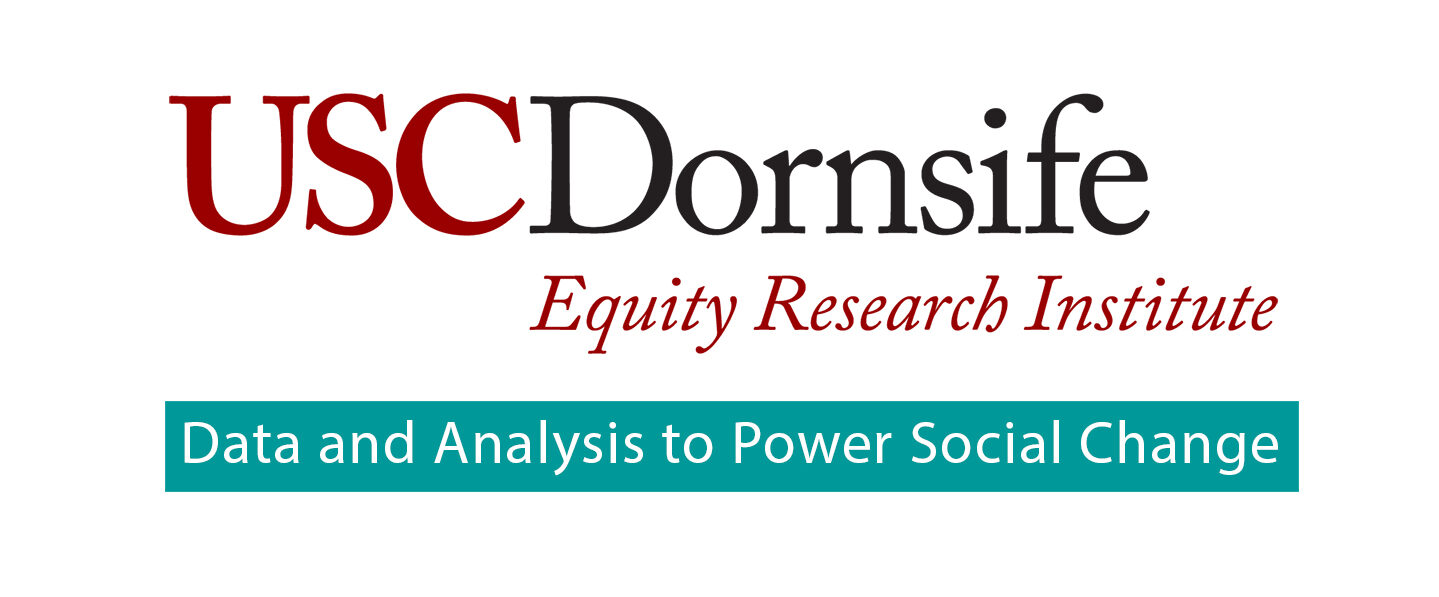
Vision
The Equity Research Center (ERI) at the University of Southern California and the Institute for Social Transformation at UC Santa Cruz have created a joint project called Solidarity Economics. This project draws on researchers, organizers, stakeholders, and policymakers to provide a vision for our economy; to identify opportunities, eliminate barriers, and promote new narratives to build a more inclusive economy.
As the compounding crises of economic instability, income inequality, and political polarization have escalated in our nation and the world, many have been looking for new economic theory. They seek a framework that can explain what has gone so wrong, move civic actors to build a more inclusive economy in California, and motivate the creation of new institutions that could steer us on a better course. Our project will develop and disseminate a “solidarity economics” approach to address widening income inequality, rising economic insecurities, and growing social and racial fragmentation while also promoting innovation and economic growth.
Goals
What better place to develop and test a new economic framework than in California? Here, tensions around race, immigration, and the economy have foreshadowed national experiences. We attract roughly half of the country’s venture capital, yet we are the fourth most unequal state in the union. However, the tide has begun to turn, and progressive values and policies have taken root (e.g. the $15 minimum wage, carbon regulation, etc.). But we need more far-reaching ideas and deeper thinking on reshaping our state’s economy if we are to get ahead of the curve. We seek to contribute to this wave of change in three ways:
- Build on past work to develop “solidarity economics” an approach that takes seriously the economic benefits of human impulses for connection, community, and belonging.
- Develop an approach that centers race and understands the possibility and power of scale in shifting institutions.
- Work alongside a group of organizers, power-builders, and change-makers to inform theory, narrative, and policies.





